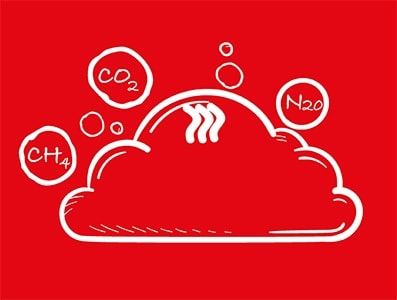
-
Global/EN
- Global
- North America
- Latin America
As the world faces the challenge of feeding a global population projected to reach 9.7 billion by 2050, demand for animal protein continues to rise.
Approximately one-third of food derived from animal protein production is currently lost or wasted. Action at every stage of the food supply chain is required to tackle this issue.
Animal protein is a key part of healthy, balanced nutrition and is also essential for the provision of key micronutrients. We must avoid losing or wasting such a precious resource. One approach is through specific nutritional intervention during the animal production period.
We support the UN Sustainable Development Goal 12, Sustainable Consumption and Production, in particular Target 12.3, which aims to reduce food loss & waste by 50% by 2030.
We are transforming the way we feed our animals in order to improve the quality of meat, milk, fish and eggs, thereby reducing loss & waste through the value chain. By focusing on Optimum Vitamin Nutrition™ (OVN)™ we can help reduce food loss and waste in animal protein value chains. Vitamins are vital for life. They are essential components of biological processes and by ensuring animals are fed optimum levels we can help address some of the common issues of loss and waste in animal production.
dsm-firmenich applies unique understanding of vitamin D to layer nutrition to help hens lay robust and nutritious eggs, leading to significantly less egg breakages and subsequent food loss.
Vitamin E is one of nature's most powerful antioxidants and is essential for maintaining the integrity of muscle cells. When meat is processed the muscle cells naturally start to breakdown, causing loss of cell contents (the drip loss liquid often seen in the meat tray), discoloration and eventually off-flavors. Feeding optimal levels of vitamin E during the growing phase of animal production ensures that sufficient vitamin E is deposited in the muscle cell membranes, thereby improving the quality of the meat which leads to a long shelf life and less food loss and waste.
Vitamin E is also recognized as being particularly important to dairy cows in the early stages of lactation and reducing the incidence of clinical mastitis and subsequent milk loss.
By ensuring optimum vitamin nutrition during the growth and development of farm animals we can address many of the issues associated with food loss and waste in animal protein value chains.